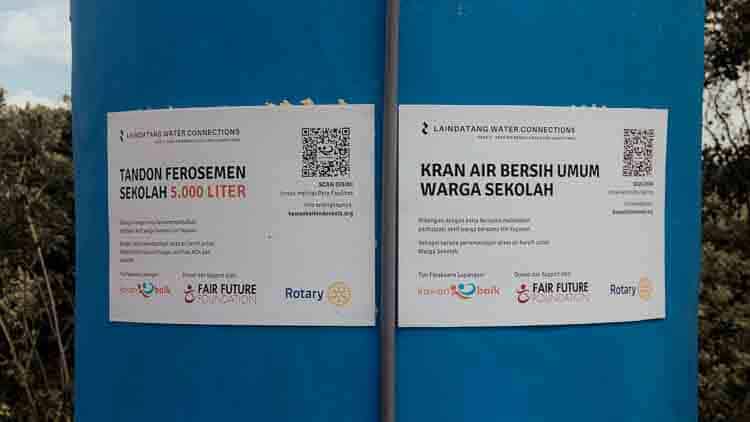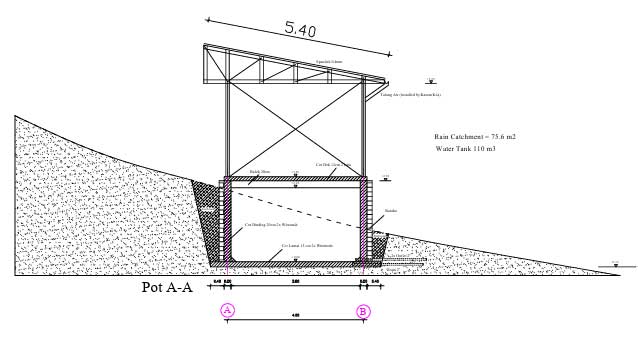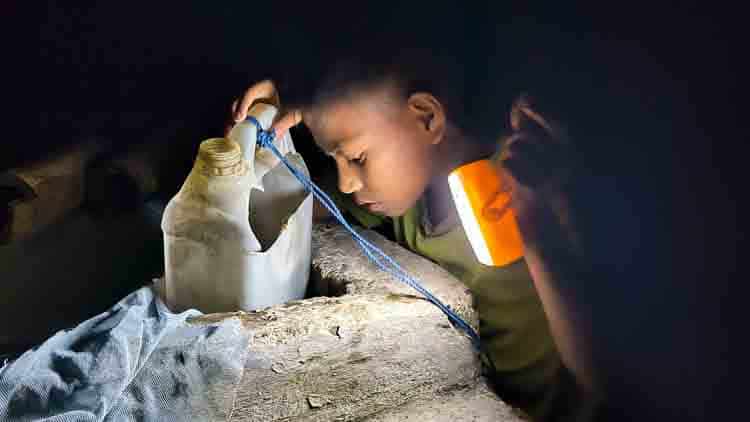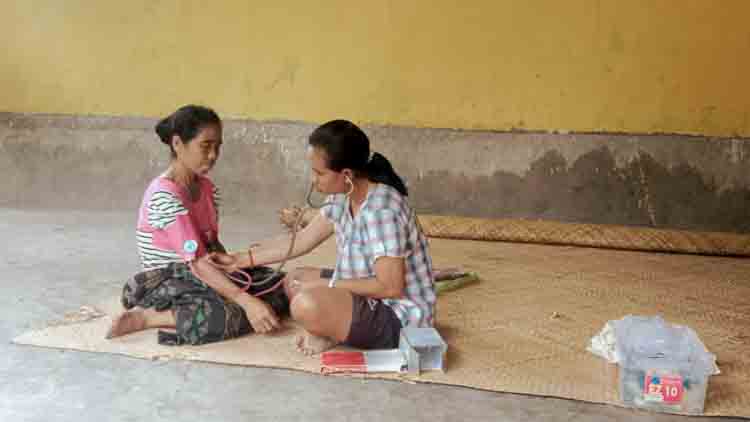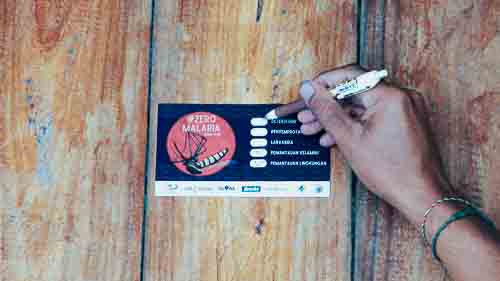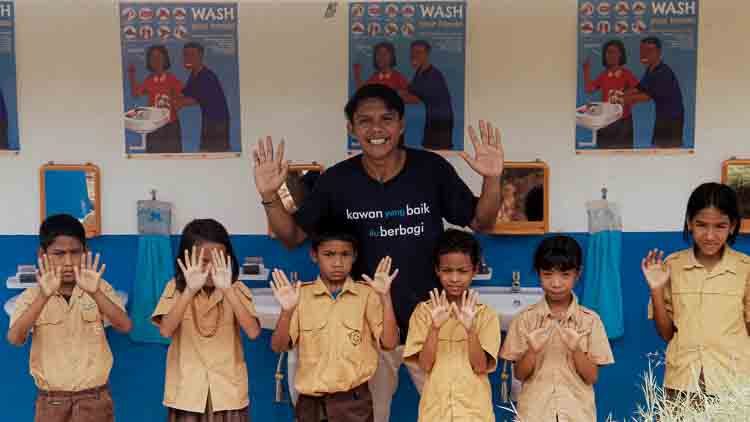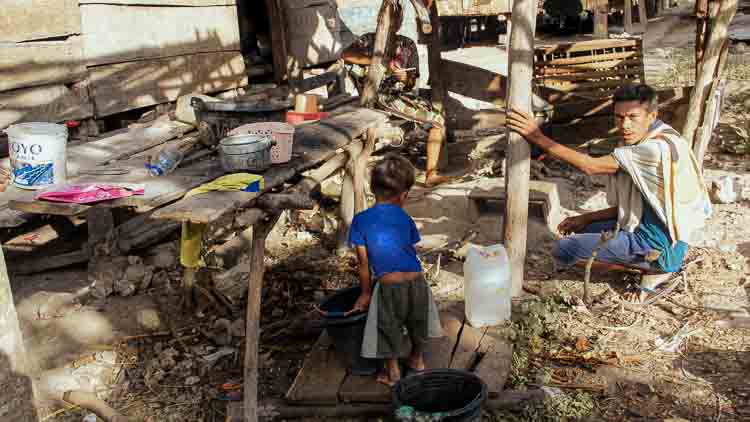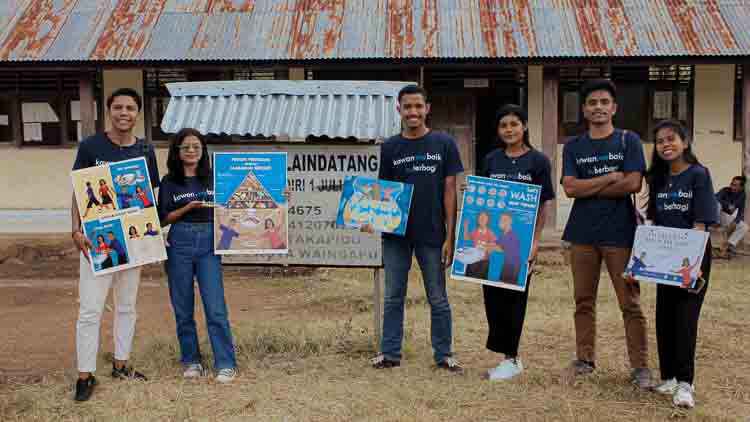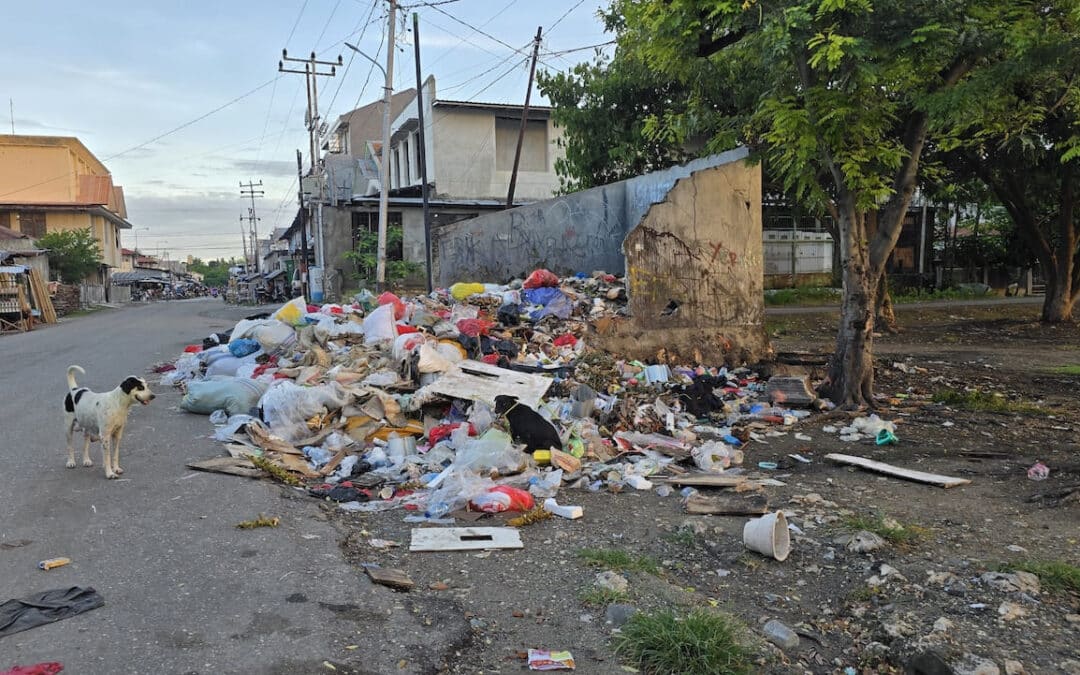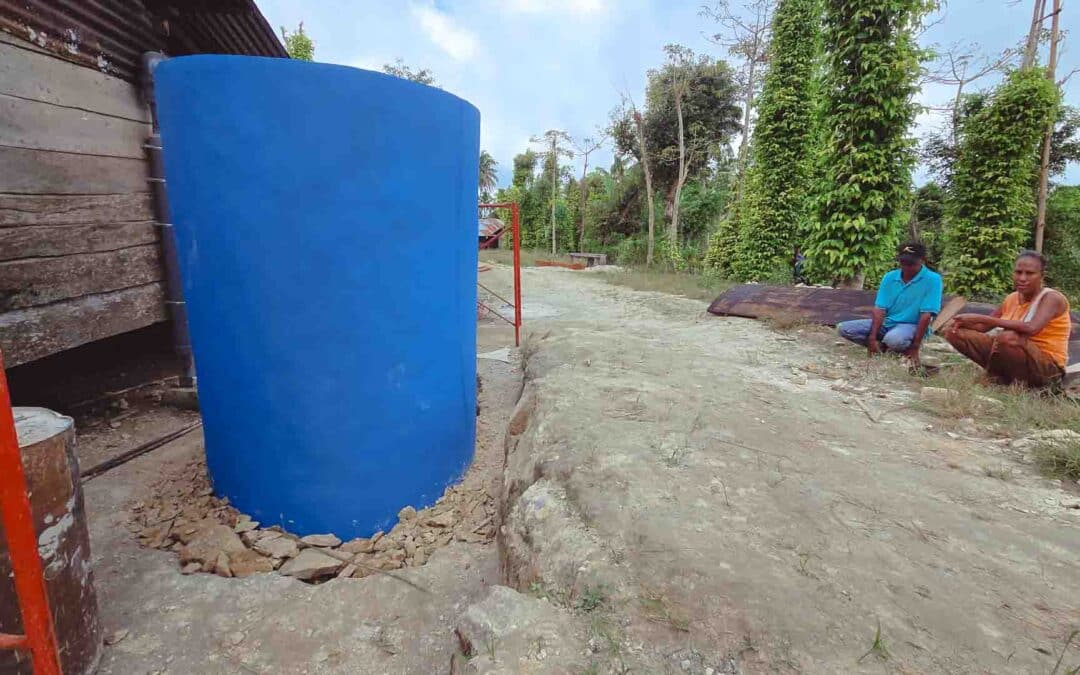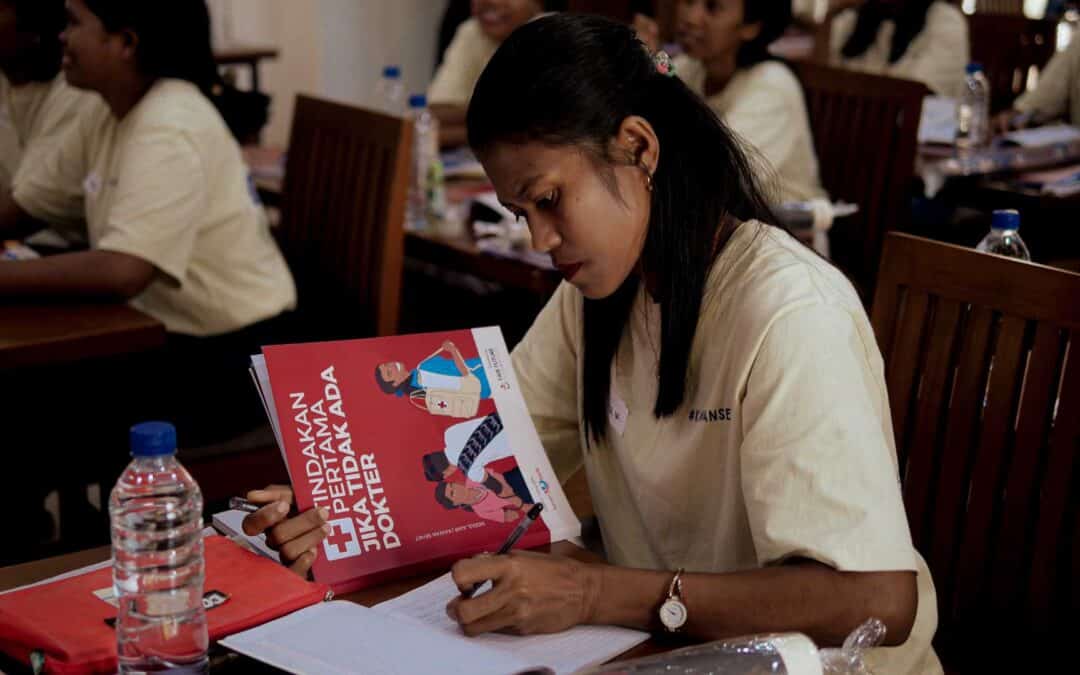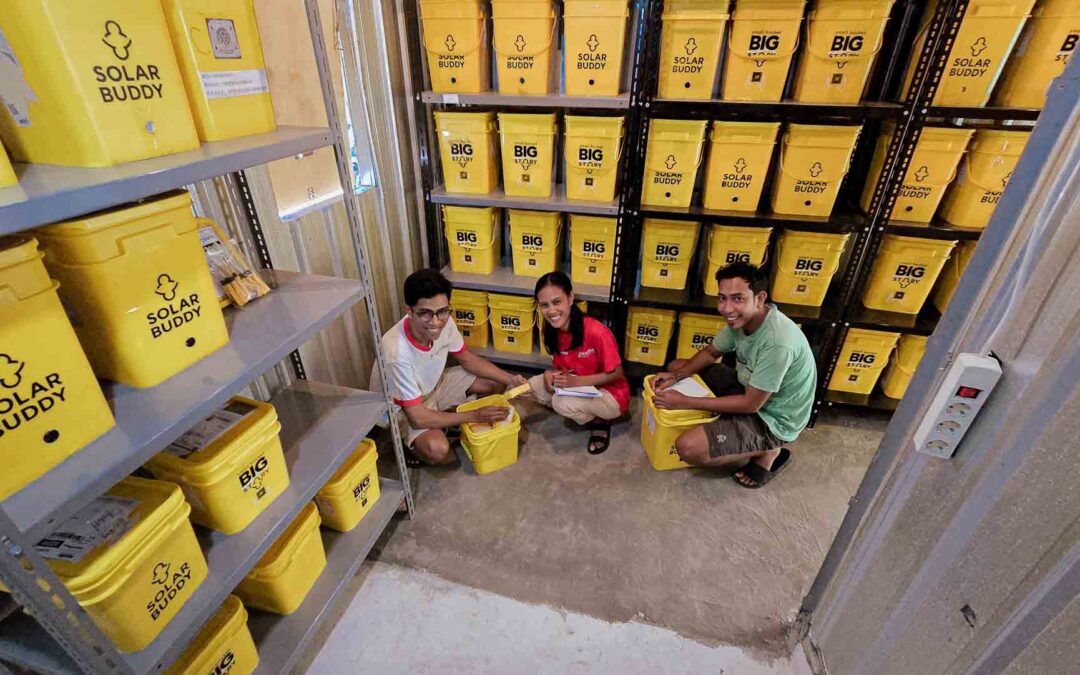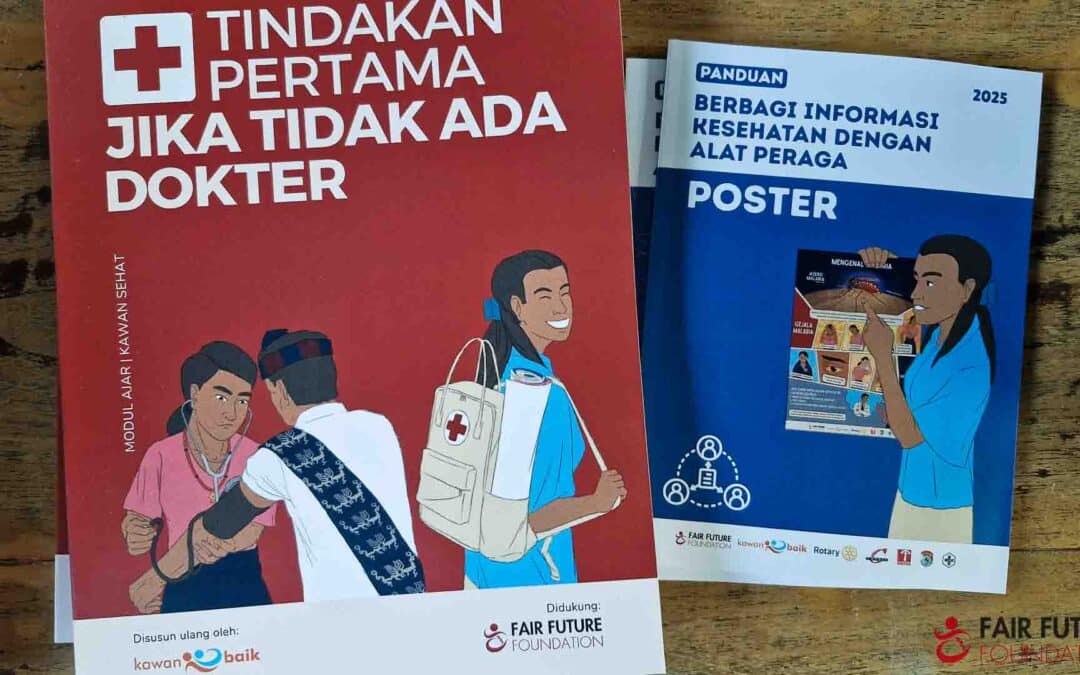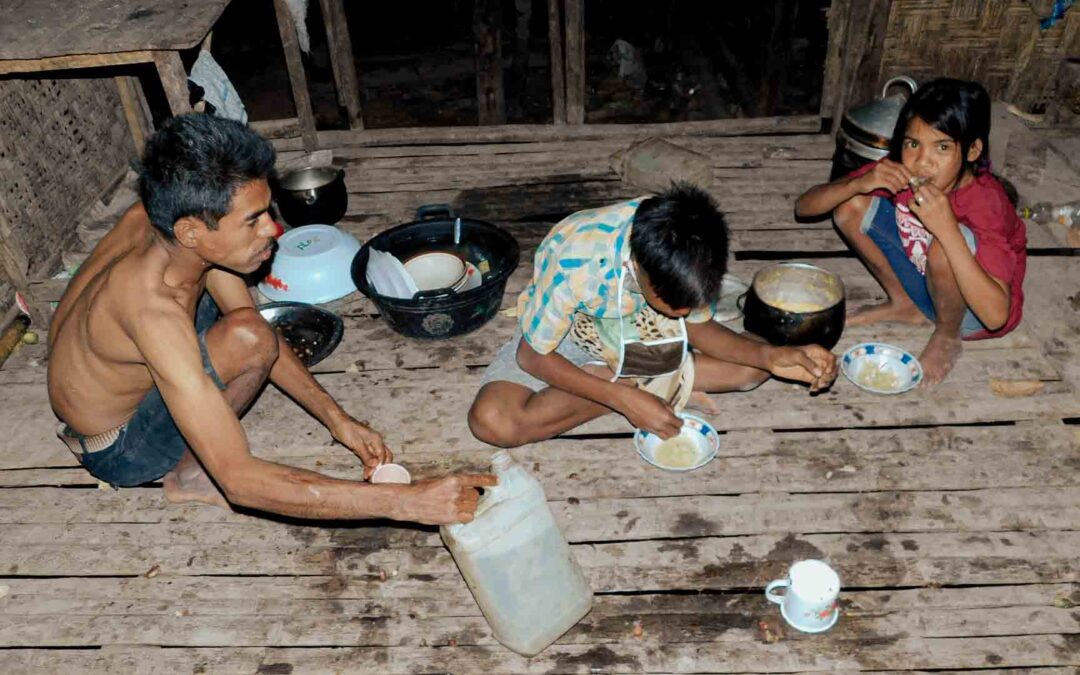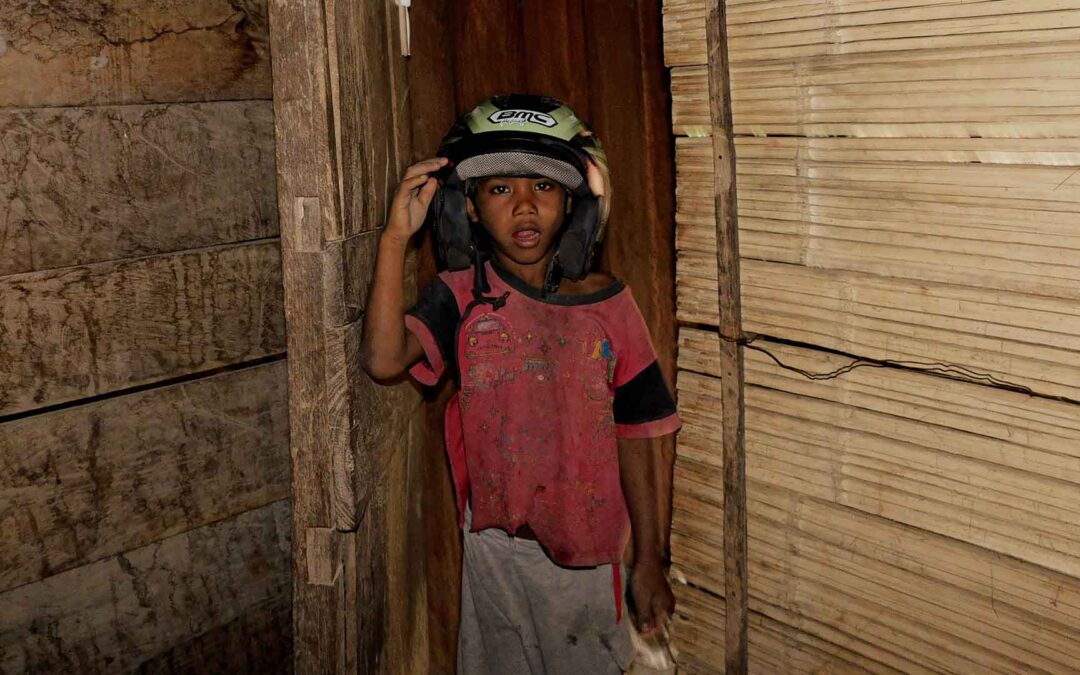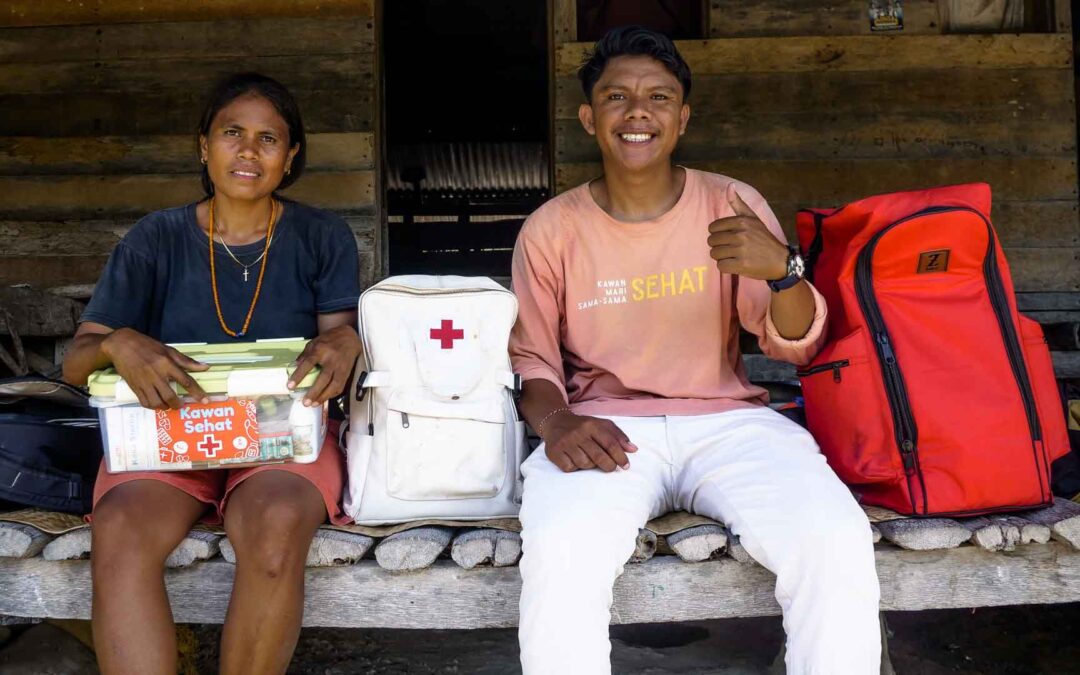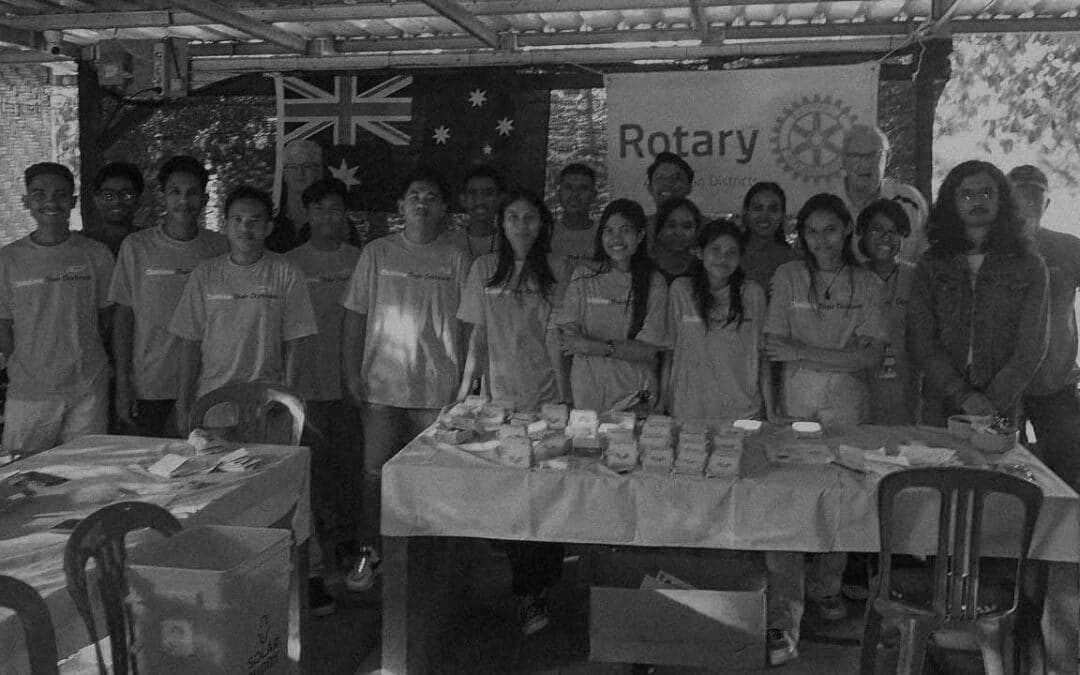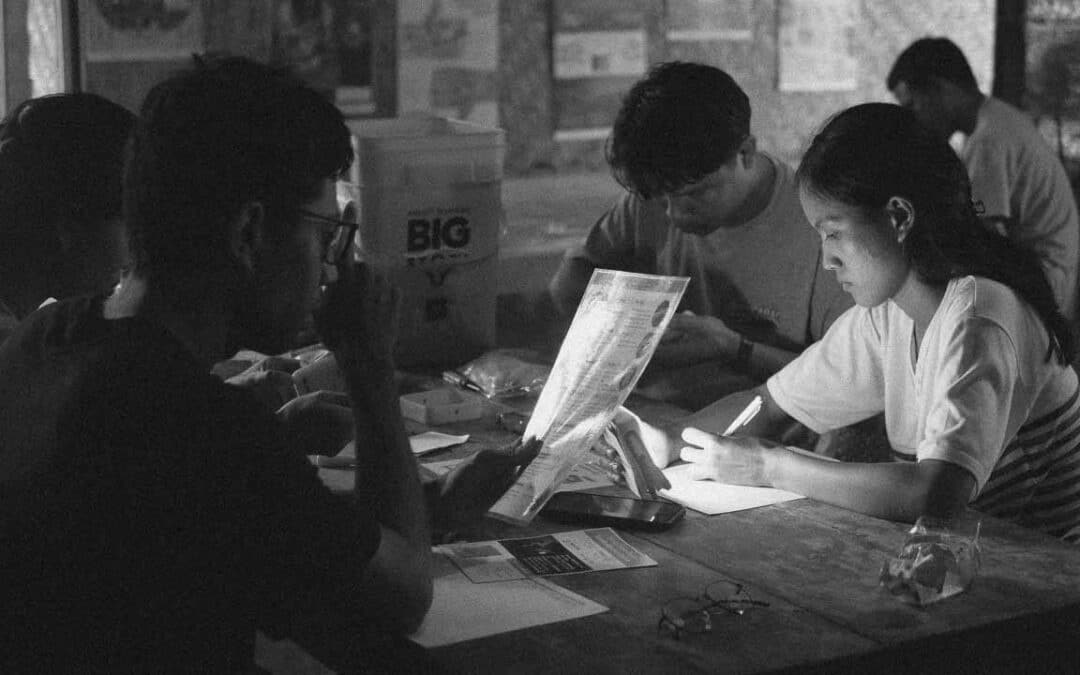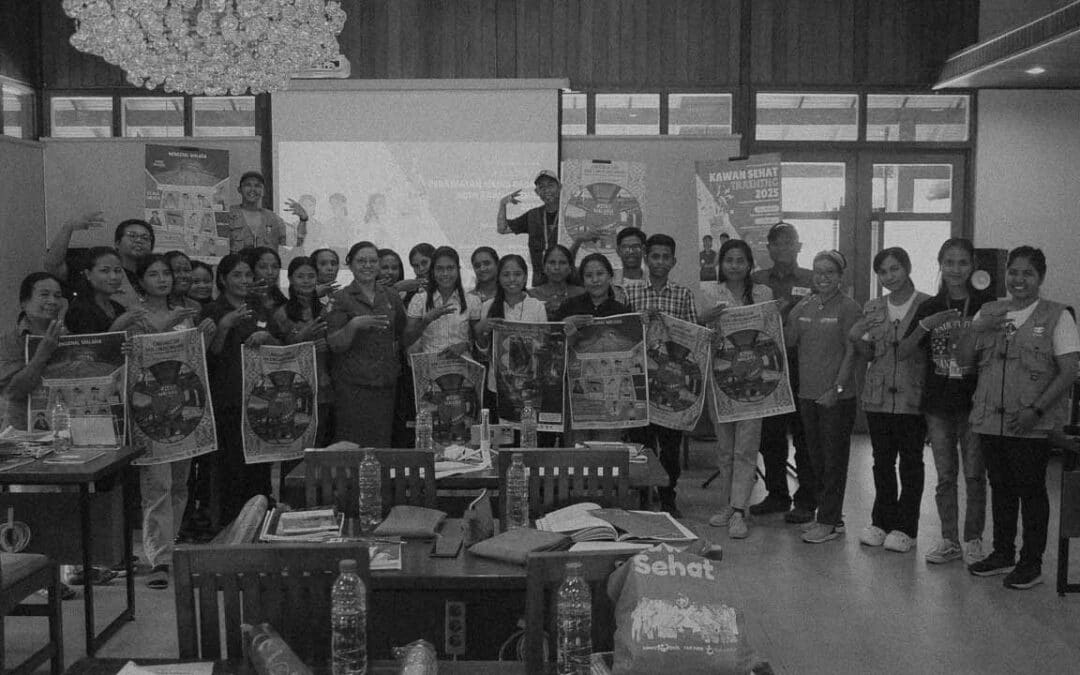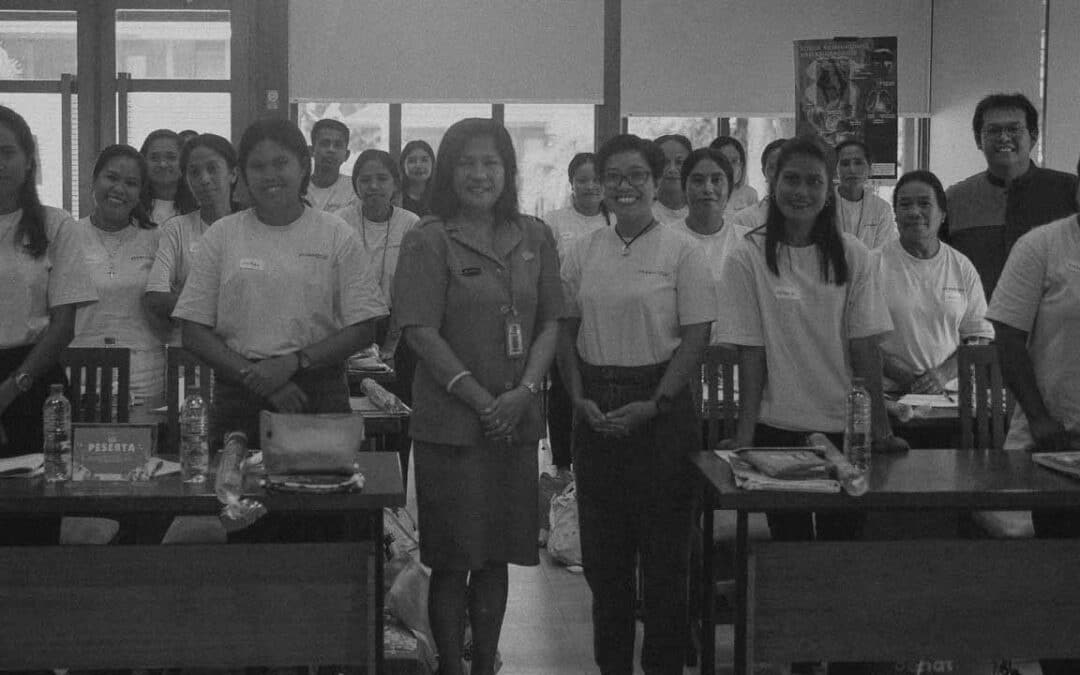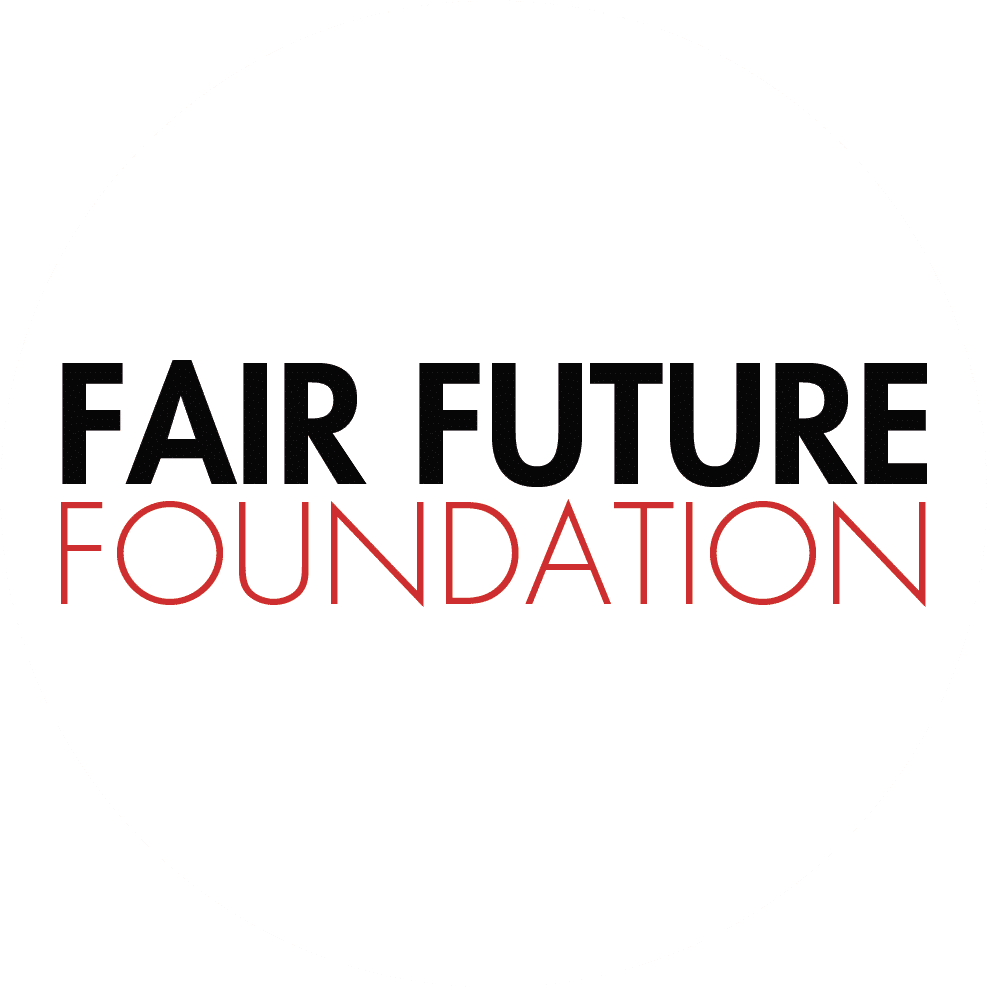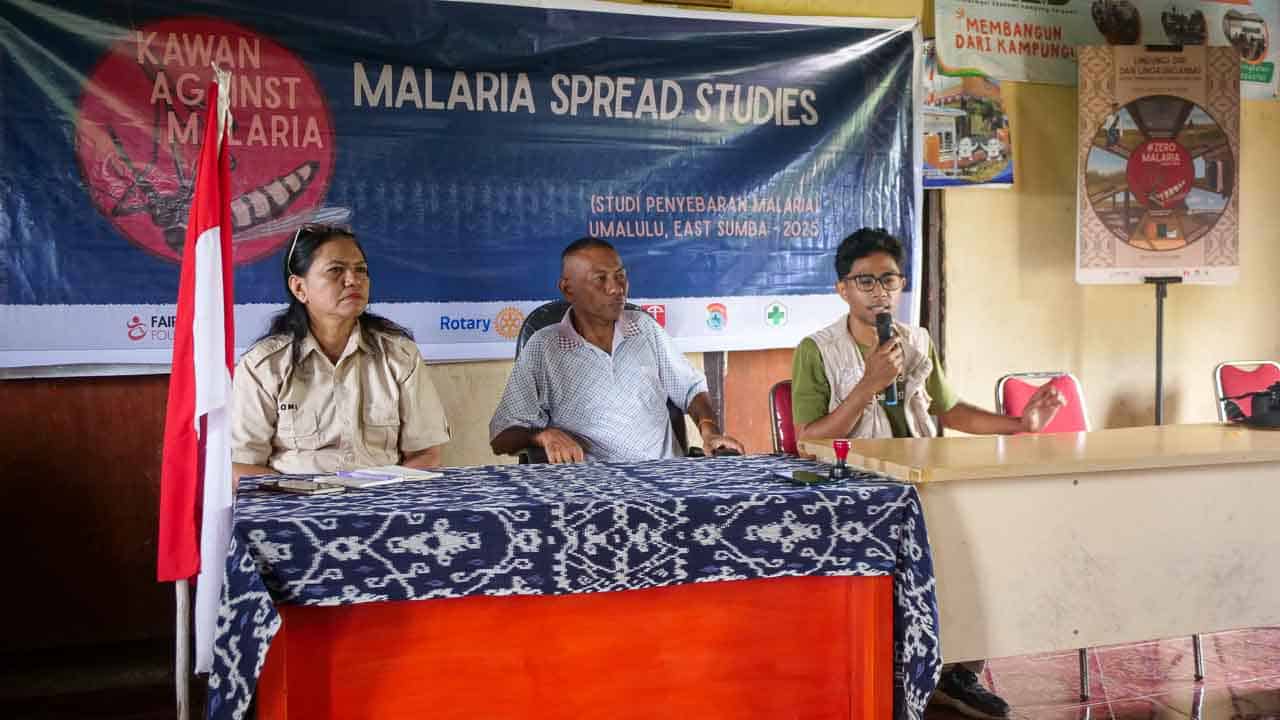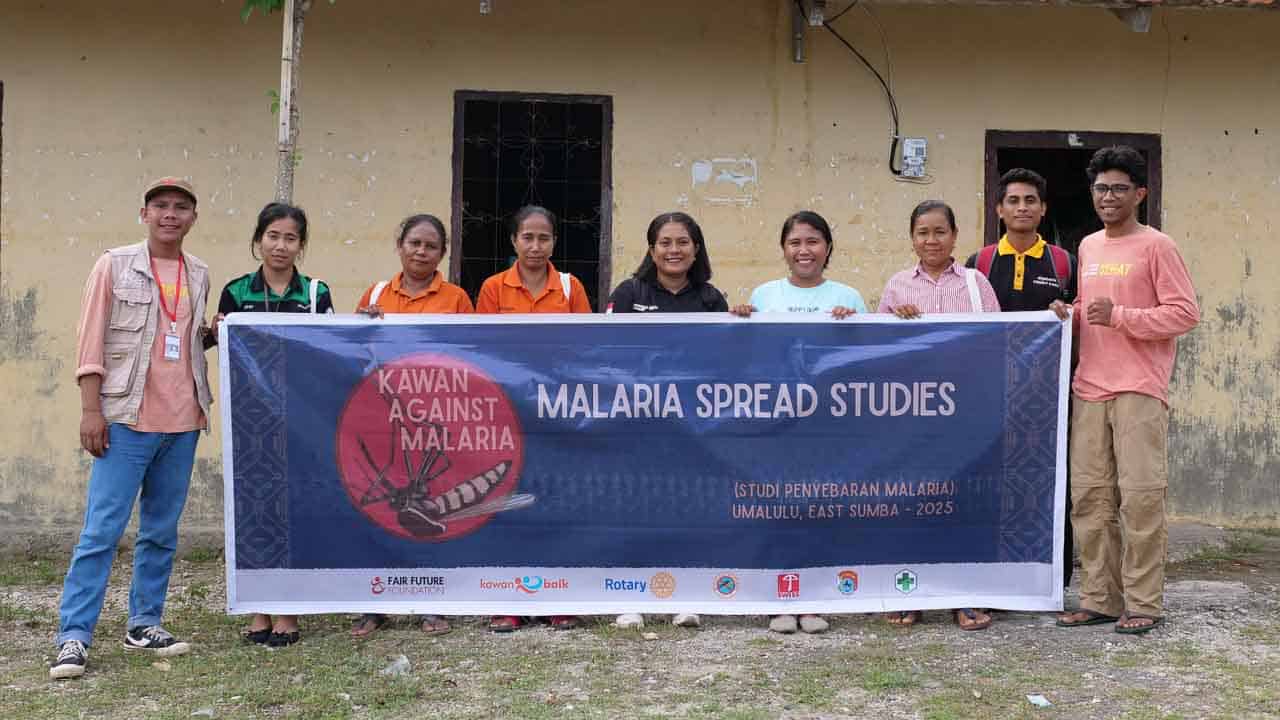We will construct eight ferrocement tanks in Hambarita to provide clean water to isolated families. Six of these are currently funded, but two remain unfunded. We require CHF 2,300 for each tank. Your support guarantees access to clean water for the most remote communities. Donate now and be part of this life-changing project.
Fair Future Foundation, a Swiss-based non-profit, is an innovative force in global healthcare and social aid.
Transforming Lives Through Innovation: Your Support Fuels Meaningful Change
For more than 16 years, Fair Future has addressed inequalities in healthcare through the Primary Medical Care program, clean water access, and essential services in the most isolated regions of Southeast Asia. Rather than providing temporary relief, we immerse ourselves within communities to develop lasting, sustainable solutions that create meaningful change.
Our team provides essential medical care, combats infectious diseases such as tuberculosis, malaria, and polio, and supplies clean water and nutritious resources to underserved regions that few organizations reach.
By adopting a comprehensive approach, we meet urgent needs and cultivate healthier, more resilient communities, empowering them to improve their quality of life.
We appreciate your presence. Your support enables us to continue this vital work, bringing about positive and lasting change for those who need it most. Thank you very much.
Alex Wettstein – Fair Future Foundation – Updated in February 2025
Give - Make them a gift
Your generosity changes lives. By donating to Fair Future, you support initiatives that provide real solutions to remote communities. We tackle urgent needs in ultra-rural areas, ensuring access to healthcare, clean water, education, and livelihoods, enabling communities to flourish and create a healthier future.
What we are doing now
Construction of eight New Ferro-Cement Water Tanks in Laindatang
We will build eight 5,000L ferro-cement reservoirs in Laindatang-Hambarita. Three are funded, and we seek support for four more to provide isolated families with water access. Each reservoir costs 2,250-2,500 CHF.
We will build a new 110 m³ reservoir to combat the water crisis
In May, we’ll build a 110m³ reservoir to collect filtered rainwater for Laindatang residents, addressing severe water shortages. This project, fully funded at 14,000 CHF, aims to alleviate their critical water crisis.
2,224 new SolarBuddy solar lights for children and families without electricity
The SolarBuddy program gives solar lamps to children and villages without electricity. We will distribute 2,250 lamps, helping kids study, cook, fetch water, and walk safely in the dark. We aim to sustain this impact.
The latest patients treated by Kawan Sehat Agent
In remote villages of eastern Indonesia, Kawan Sehat health agents provide life-saving medical care. With little access to clean water, electricity, or healthcare, their dedication transforms lives where no one goes.
Malaria Study in Umalulu for Urgent Health Solutions
We launch a vital malaria study in one of the most affected regions in East Sumba. This research will assess infection rates, risk factors, and healthcare needs to build an effective malaria response, ensuring long-term health solutions for Sumba.
Report Phase III: Laindatang Water Connections Program
Phase III of the Laindatang Water Connections project focuses on sustainable drinking water solutions. After more than nine months of effort, detailed financial reports describe the project’s impact on life in East Sumba.
Clean Water for Lapinu: Join Our Essential Initiative
The Water Connections initiative in Lapinu Village, want to provides clean water and sanitation. With solar pumps, reservoirs, and healthy toilets, this project aims to transform the village’s health, dignity, and future.
PMC Program: Four new campaigns for a healthy life
We’re launching four new campaigns on, passive smoke, waste management, alcohol abuse, and STDs as part of our PMC program. These vital campaigns will be completed by March 2025. Check them out here.
With an Impact
Our latest Articles
Discover our stories through images
Our teams capture the essence of our work in these galleries directly from the field. The photos showcase our medical care, clean water initiatives, and how we’re making a difference in remote communities.
How your donations are used?
Fair Future ensures that 93% of every donated franc directly funds our field projects. This supports providing medical care, building clean water wells, and eradicating malaria-related diseases. Our transparency maximizes impact, allowing life-saving solutions to reach vulnerable communities farthest from aid access, demonstrating your generosity’s difference in their lives.
%
Social and medical actions
%
Fundraising work
%
Field operations and management
750,000+ lives impacted
Since 2008, thanks to your trust and support.
Keep in Touch via Instagram
Follow us on Instagram to stay up to date with Fair Future’s latest developments directly from the field. Our feed offers a glimpse into our day-to-day operations, including medical care, clean water initiatives, and community projects. It serves as an informative portal to see firsthand the impact of our work when we are unable to update our website regularly.
Ending Malaria, Saving Lives!
Through our #ZeroMalaria program, we're fighting for a future free from this deadly disease. Every life matters, and no one should suffer from a preventable illness. Together, we can bring malaria to zero.



